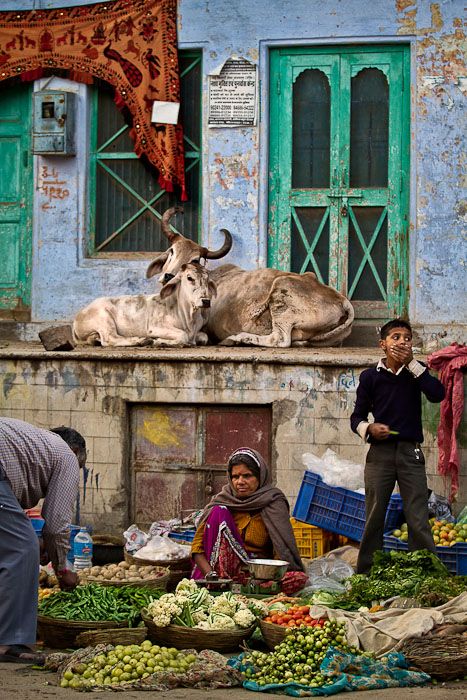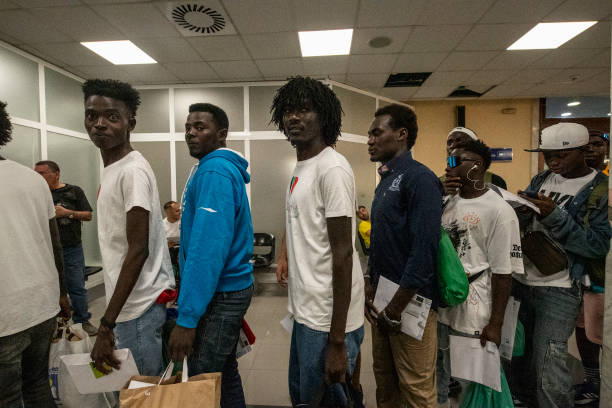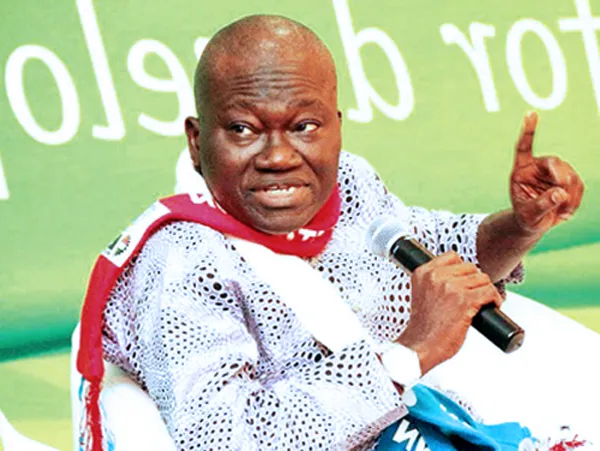Commentary: Tinubu Hailed as Resilient Driver of Nigeria's Democracy on June 12

As Nigeria commemorates Democracy Day on June 12, it offers an opportunity to reflect on the individuals whose sacrifices have sustained the nation's democratic spirit. Among these living patriots, President Bola Tinubu's political trajectory, as examined by Sam Onuigbo, from activist to senator, governor, and ultimately president, provides a significant lens through which to view Nigeria's democratic evolution and its ongoing challenges. His struggles underscore the idea that democracy is a way of life demanding courage, sacrifice, and a steadfast belief in the people's will. President Tinubu's journey is deeply intertwined with Nigeria's democratic resilience over three decades.
The 1990s were a crucible for Nigerian democracy, a period that tested the mettle of its advocates. During the military dictatorship, Tinubu emerged not as a bystander but as a strategic leader of the resistance. His involvement with NADECO was characterized by exceptional courage, including organizing clandestine networks, financing dissent movements, and skillfully evading the junta's oppressive tactics. This was a perilous struggle, where conviction could lead to loss of liberty or life. Tinubu, like other historical champions of democracy, understood that freedom is not granted but must be actively demanded. The sacrifices made by him and his fellow activists, including Fred Rewane, Omoshola, Kabiru Kaltho, Kudirat Abiola, and others who paid the ultimate price, laid the groundwork for the democracy Nigeria celebrates today.
Following Nigeria's return to civilian rule in 1999, Tinubu's tenure as Governor of Lagos State showcased transformational governance. He didn't merely manage state affairs; he re-envisioned them. Confronted with a depleted treasury and dilapidated infrastructure, he instituted audacious reforms that propelled Lagos to become Africa’s fifth largest economy. The establishment of pivotal institutions like the Lagos State Internal Revenue Service (LIRS) and the Lagos State Traffic Management Authority (LASTMA) were revolutionary measures in developing a modern metropolis. His tax reforms, though initially met with resistance, demonstrated his hallmark political courage—the resolve to make tough decisions for sustained, long-term benefits. Consequently, Lagos’ internally generated revenue surged from approximately N600 million monthly in 1999 to over N51 billion today, enabling critical infrastructure development independent of federal allocations. This 'Lagos miracle' serves as compelling evidence of visionary leadership's potential.
Beyond his gubernatorial accomplishments, President Tinubu's most lasting legacy might be his contribution to Nigeria as a foremost political institution-builder. In contrast to those who consolidate power, he has focused on multiplying it through strategic mentorship and leadership development. The 'Tinubu School of Governance' has cultivated an impressive array of leaders, including two presidents, two vice presidents, fourteen governors, and hundreds of legislators. This reflects a deliberate, systematic approach to nurturing leadership pipelines, which has fortified Nigeria's democracy. His methodology indicates a profound understanding that nations flourish when leaders invest in their successors rather than clinging to power. The democratic stability Nigeria has maintained since 1999 is significantly indebted to his emphasis on system-building over personal aggrandizement.
As President, Tinubu now confronts the formidable task of transforming Nigeria’s economic foundations. The removal of the fuel subsidy, a politically challenging decision, exemplifies his characteristic determination to prioritize long-term national interest over immediate popularity. While the initial consequences have been difficult for many, promising signs are emerging: nearly N2 trillion saved in eight months, the activation of the Dangote Refinery (poised to eliminate $10 billion in annual fuel imports), and states receiving a 300% increase in allocations for local development projects. These reforms are reminiscent of the arduous but necessary adjustments undertaken by nations like Singapore under Lee Kuan Yew, which ultimately led them to developed status. Tinubu’s economic vision acknowledges that Nigeria must endure temporary discomfort for lasting prosperity.
For the South East region, President Tinubu's establishment of the South East Development Commission marks a highly significant gesture of national reconciliation. This initiative is not merely symbolic; it provides a concrete mechanism to address historical grievances and unlock the region's immense potential. The commission is mandated to reconstruct critical infrastructure, revitalize industrial centers, and generate opportunities commensurate with the renowned entrepreneurial spirit of its people. It is vital for all regions, particularly the South East, to recognize this administration's dedication to inclusive development and nation-building.
Nigeria currently stands at a pivotal moment. The coming years will be crucial in determining whether the nation evolves into an African counterpart to Singapore—a disciplined, investment-driven economy—or succumbs to policy inconsistency and squanders its potential. Recent progress includes a reported 40% reduction in terror attacks, significant foreign investments such as a $3 billion semiconductor deal with US firms, and an agricultural revolution anticipated to create 500,000 new jobs. These are outcomes of deliberate, strategic leadership, not chance occurrences.
History is likely to remember President Tinubu alongside the great nation builders of the 20th century, not for achieving perfection, but for decisively influencing the nation's destiny at a critical time. His progression from senator to activist, to governor, and then to president mirrors Nigeria's own democratic journey—from struggle to stability, and from potential towards prosperity. As an Igbo proverb wisely states, “A man who doesn’t know where the rain began to beat him cannot say where he dried his body.” Nigeria understands its starting point; under Tinubu’s stewardship, the nation is witnessing the dawn of a new, more promising era. This Democracy Day calls for honoring his sacrifices by supporting the completion of this essential national transformation, with the belief that Nigeria’s greatest achievements are yet to come through continued unity and resolve.
You may also like...
In the Shadows of the Signal: How Africa is Fighting a War It Cannot See

The article discusses the growing threat of cyberattacks in Africa, likening it to a "quiet war" being waged through dig...
Beyond Fintech, A Continent on the Rise

Africa's tech landscape is rapidly diversifying beyond fintech. Discover how innovation in sectors like AI, health tech,...
Should Religion Still Dictate Morality in a Secular Age?

This bold essay unpacks the complex relationship between faith, law, and public life—exploring where religion uplifts mo...
Africa’s AI Moment: Are We Innovating or Just Consuming?

As AI reshapes Africa’s digital landscape, the continent stands at a crossroads: Will it lead innovation or remain a tes...
The Rise of AfroAnimation: How African Studios Are Telling Our Stories With Global Appeal
(26).jpeg)
African animation is breaking boundaries as studios across the continent craft vibrant, culturally-rooted stories with g...
Digital Dakar: Why Senegal Is Africa’s Next Fintech Capital

Senegal’s capital, Dakar, is emerging as Africa’s next fintech powerhouse, driven by mobile money innovations, a youthfu...
The Global South Doesn’t Need a Savior: It Needs Equity

This incisive essay dismantles the outdated saviour complex, calling for a bold shift from patronising charity to genuin...
The Strangers Next Door: A New Dilemma at Africa’s Threshold

The article discusses the deportation of African nationals by the United States to eSwatini, a small southern African ki...




